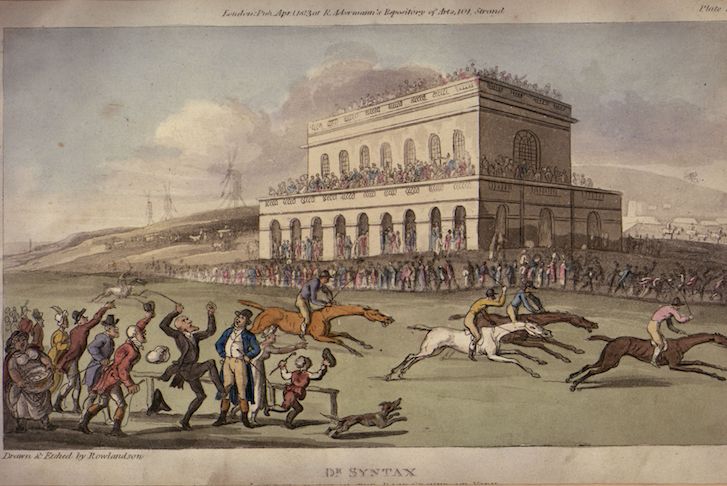About a third of the way through this book I worked out that I had an unbeatable system for winning at the horses. All I would need was a degree in mathematics, or access to someone who has one, a lot of research on horses, jockeys and racecourses under my belt, including inside knowledge, and a little seed money. Say, £100,000. Two thirds of the way through I realised I would also need some links to organised crime, and if I didn’t have any, they would be furnished for me, whether I wanted them or not. By the end of the book I reverted to my original opinion: that it is not for the likes of me.
Monsieur X is the story of Patrice des Moutis, a French aristocrat and gambler who, over the course of the 1960s and ’70s, did his best to wring as much money out of the French state betting system, the Pari-Mutuel Urbain, or PMU, as he possibly could. He claimed that he did it perfectly legally, by analysing form in depth, using his formidable knowledge of French horseracing and exploiting loopholes that meant he could use numerous proxies to go around different cafés, all over the country if necessary, betting in various combinations (the big wins go to those who predict the first three horses in any race, in order; lesser prizes await those where the order is unspecified).
Des Moutis won big, repeatedly; and the PMU didn’t like it. They smelled a rat, and started withholding his winnings. But Des Moutis did not take this lying down: he may have had the manners of a gentleman — everyone agreed about that — but he was damned if he was going to let any jumped-up functionary deny him what he had won, he insisted, fair and square. He won so big that the PMU kept changing the rules; so Des Moutis changed his tactics. The debate became national, a veritable cause célèbre: was Des Moutis a Robin des Bois, as numerous commentators attested, or was he robbing the government of tax revenue and, by extension, robbing ordinary (mug) punters?
Things began to look bad, though, when certain races started having unusual results — and Des Moutis still won. Here his story becomes murky, if more colourful: he became mixed up with gangsters from Paris, Marseille and Corsica, and if they did not literally pull the trigger that finally sealed his fate, they may as well have.
The book is surprisingly gripping, my surprise stemming from the fact that my interest in horse racing — both itself and the attendant lifestyle — is tenuous at best. If this book held my attention, then imagine how you’ll feel if the following information is your thing:
Some of the biggest fortunes in Britain, Ireland and the US were represented in the list of grands propriétaires too: the Duke of Devonshire; the Texan oilman, Nelson Bunker Hunt; the polo player and former American ambassador to Dublin, Raymond Guest; and the Hong Kong-based shipping magnate Jim Mullion and his wife, Meg.
This and similar rosters may, one feels, be particularly suited to the ‘High Life’ column of this magazine. Jamie Reid, a very knowledgeable writer on racing, lets the gangsters off only a little less easily, but I suppose we are meant to supply our own outrage about them; and besides, in those days it was considered chic in society to have a few dangerous friends.
The book has the typical, forgivable flaw of the genre — the hyperbolic subtitle. (I bet there were other gamblers more audacious; even my great uncle Lizzie could lose £3,000 in one day, and that was in the 1930s.) And there are sentences such as: ‘Across Paris there was the first scent of winter in the air from the bonfires of fallen leaves in the parks and gardens.’ Less forgivable is the indifferent proofreading. The publishers are quite casual about the distinction between ‘its’ and ‘it’s’ and think that Godard madea film called Au Bout de Souffle. But don’t let that put you off too much.






Comments